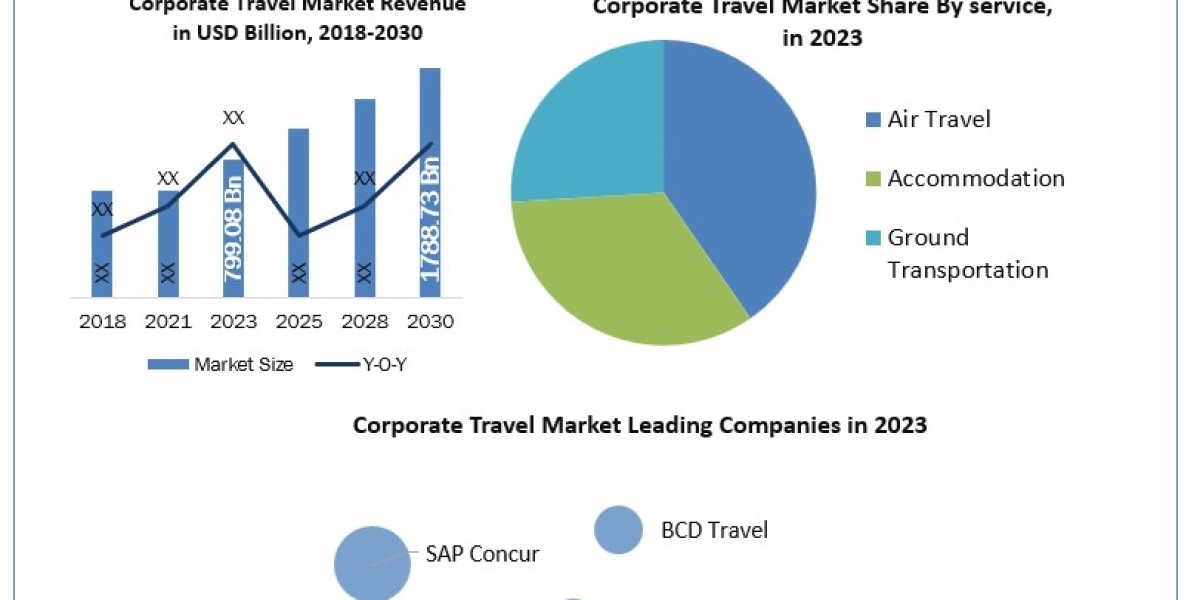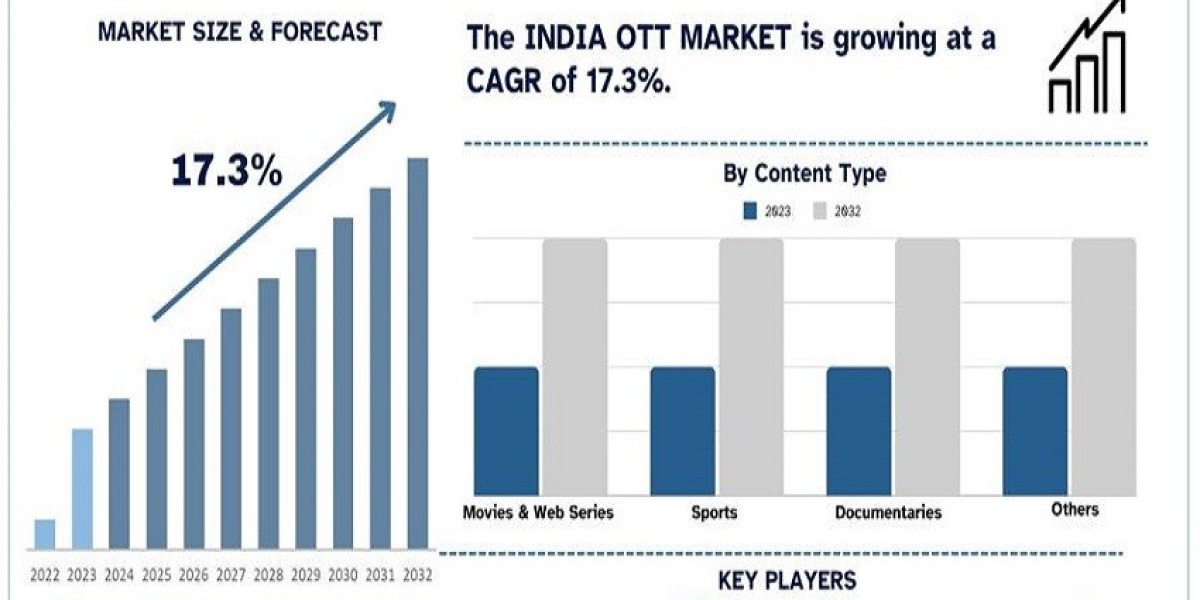Optimizing content for Semantic SEO involves understanding and implementing strategies that focus on context, user intent, and natural language processing to improve search engine visibility and user experience. Here’s a detailed guide on how to effectively optimize your content for Semantic SEO
Understanding the Shift Towards Semantic SEO
The digital landscape is constantly evolving, and so are the strategies for optimizing content. While traditional keyword-based SEO still holds some weight, the emphasis has shifted towards semantic SEO. This approach focuses on understanding the context and intent behind search queries, delivering more relevant and valuable content to users.
What is Semantic SEO?
Semantic SEO is a methodology that revolves around understanding the meaning and context of search queries. Instead of merely targeting specific keywords, it delves into the broader topic and related concepts. Search engines like Google are becoming increasingly sophisticated in their ability to comprehend human language and intent, making semantic SEO essential for staying ahead of the competition.
Key Components of Semantic SEO
Contextual Relevance: Understanding the underlying meaning of search queries and delivering content that directly addresses the user's needs.
Entity Recognition: Identifying and associating entities (people, places, things) within your content to enhance search engine comprehension.
Natural Language Processing (NLP): Leveraging AI to understand and generate human-like language, mimicking natural conversation and improving search relevance.
Knowledge Graph: Utilizing the vast network of information to connect related concepts and improve content understanding.
Why is Semantic SEO Important?
Semantic SEO offers several advantages for businesses:
Improved Search Rankings: By aligning your content with user intent, you increase the chances of ranking higher in search engine results pages (SERPs).
Enhanced User Experience: Delivering content that precisely matches user needs leads to higher satisfaction and engagement.
Increased Traffic and Conversions: Attracting targeted traffic and providing valuable information can boost conversions and sales.
Long-Term Sustainability: Building a strong foundation based on semantic SEO principles ensures your website's continued success in the evolving search landscape.
Key Strategies for Semantic SEO Optimization
1. In-Depth Keyword Research
While keyword research remains crucial, the focus should shift towards:
Semantic Keywords: Identify related terms, synonyms, and long-tail keywords that expand your content's reach.
User Intent: Understand the purpose behind search queries, whether it's informational, navigational, or transactional.
Competitor Analysis: Analyze competitors' content to identify gaps and opportunities for differentiation.
2. Create High-Quality, Comprehensive Content
Content is the cornerstone of semantic SEO. Focus on creating:
Informative and Engaging Content: Provide valuable insights and address user questions comprehensively.
Long-Form Content: In-depth content demonstrates expertise and covers multiple aspects of a topic.
Visual Content: Incorporate images, videos, and infographics to enhance user experience and improve search visibility.
3. Optimize Content Structure
Clear Organization: Use clear headings, subheadings, and bullet points to structure your content logically. This helps both users and search engines understand the main topics and subtopics covered.
Semantic HTML: Use HTML elements like <header>, <footer>, <article>, and <section> to provide semantic meaning to different parts of your content.
4. Leverage Schema Markup
Schema markup provides structured data to search engines, helping them better understand your content. Implement:
Relevant Schema Types: Use schema markup for products, articles, reviews, events, and other applicable entities.
Accurate and Detailed Information: Provide precise and comprehensive data to maximize benefits.
5. Build High-Quality Backlinks
Backlinks remain a vital ranking factor. Focus on acquiring:
Relevant and Authoritative Backlinks: Build relationships with reputable websites in your industry.
Natural Link Building: Create valuable content that attracts backlinks organically.
6. Monitor and Analyze Performance
Track your website's performance to measure the effectiveness of your semantic SEO efforts. Use:
Analytics Tools: Monitor website traffic, user behavior, and conversion rates.
Keyword Ranking Tools: Track keyword rankings and identify opportunities for improvement.
Search Console: Analyze search performance data and identify potential issues.
Additional Tips for Semantic SEO Success
Focus on User Experience: Create content that is easy to read, navigate, and understand.
Optimize for Mobile: Ensure your website is mobile-friendly to cater to the growing mobile user base.
Leverage Social Media: Promote your content on social platforms to increase visibility and engagement.
Stay Updated with Algorithm Changes: Keep abreast of search engine updates and adapt your strategies accordingly.
Conclusion
Semantic SEO is crucial in today’s digital landscape where search engines increasingly prioritize understanding user intent and delivering relevant results. By focusing on context, natural language, and structured data, you can optimize your content to not only rank higher but also provide a better experience for your audience.
Remember, effective Semantic SEO involves ongoing monitoring and adaptation to changes in search algorithms and user behavior. By staying informed and continuously refining your strategies, you can maintain and improve your search engine visibility over time.
Everyday Media Group can help you leverage the power of Semantic SEO to achieve your digital marketing goals in Dallas and Fort Worth. Our team of experts has the knowledge and experience to create a customized strategy tailored to your business. Partner with us to elevate your online presence and drive meaningful engagement.







